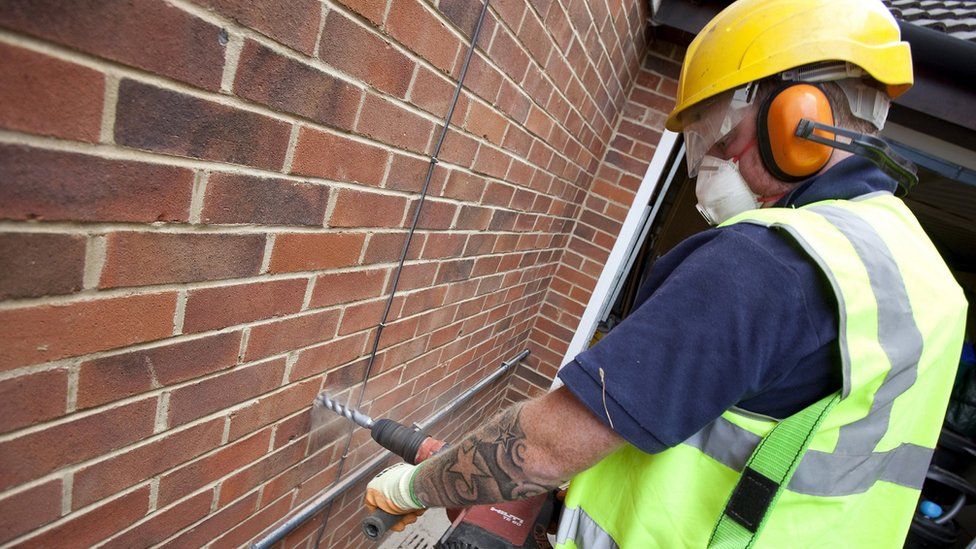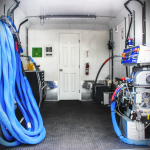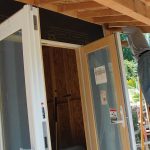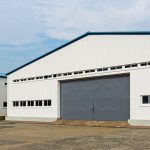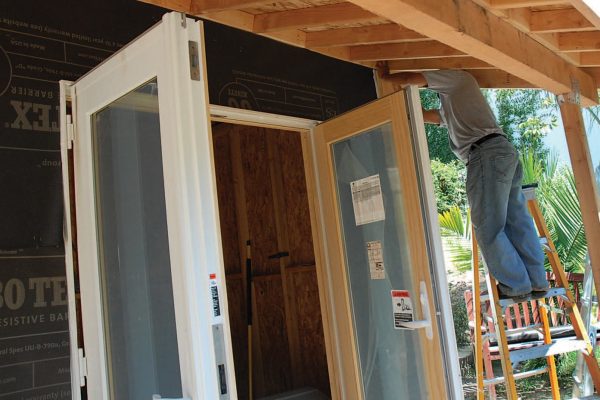Cavity wall insulation is an increasingly popular form of insulation that helps to reduce the amount of energy lost through a building’s walls. It is an effective and cost-efficient way to ensure that your home or office is comfortable and energy efficient. This article will provide an overview of cavity wall insulation, including its benefits, installation process, and cost.
Benefits of Cavity Wall Insulation
Cavity wall insulation is an effective and cost-efficient way to reduce the amount of energy lost through a building’s walls. It is much more efficient than traditional insulation methods, such as fiberglass and foam, and can help reduce energy costs by up to 25%. Additionally, cavity wall insulation helps to improve the comfort of a building by maintaining a consistent temperature throughout. It also helps to reduce noise pollution, since it acts as a sound barrier between the interior and exterior of the building.
Cavity wall insulation also helps to improve the air quality inside a building by reducing drafts and preventing humidity from entering the building. This can be especially beneficial for people with allergies or asthma, since it helps to reduce the presence of allergens and irritants. Furthermore, cavity wall insulation helps to reduce the amount of condensation that can form on walls, which can lead to mold growth.
In addition to the energy and comfort benefits, cavity wall insulation can also improve the structural integrity of a building. By providing an additional layer of insulation, the walls of the building will be better protected against the elements, such as wind and rain. This can help prolong the life of the building and reduce maintenance costs.
Installation Process
The installation process for cavity wall insulation is relatively simple and can typically be completed in a single day. First, the insulation material is inserted into the cavity between the two walls using a specialized drill. This material is usually made of polystyrene beads, which are lightweight and easy to install. Once the material is in place, it is secured with adhesive strips or foam.
The next step is to ensure that all of the joints are properly sealed, which helps to prevent air leakage. This can be done with caulk or another air-sealing material. Finally, the insulation is covered with a protective coating to help it last longer. This coating is usually made of plastic or a similar material, and it helps to prevent moisture from seeping into the insulation.
Cost
The cost of cavity wall insulation will vary depending on the size of the building, the type of insulation material used, and the complexity of the installation. Generally, the cost of the insulation itself will range from $1.50 to $2.00 per square foot, and the cost of installation will range from $0.50 to $1.00 per square foot. The total cost of the project will also include any materials needed for the installation, such as caulk, adhesive strips, and protective coating.
Cavity wall insulation is an effective and cost-efficient way to reduce energy costs, improve comfort, and increase the structural integrity of a building. The installation process is relatively straightforward and the cost is relatively low, making it a great choice for anyone looking to improve their home or office. If you are considering installing cavity wall insulation, make sure to consult with a professional to ensure that it is installed correctly. Contact us for more information on cavity wall insulation in Sheffield.

